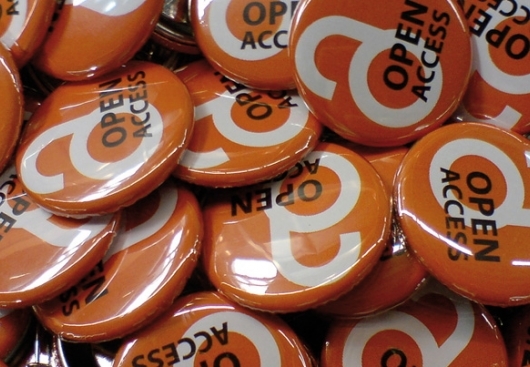University of Canada makes all of its materials and best practices open and waives patents for science

Photo: Photo source: helmholtz.de The
scientific field is now no less regulated by various regulations, provisions, patent law and other bureaucratic elements than technology. This is especially true for medicine. As a result, the implementation of many developments takes a very long time. This state of affairs does not suit everyone, but few people undertake to change something.
The Montreal Neurological Institute (Canada) decided to become the first by making radical changes to the principles of its work. The management of the organization decided to open access to all of its research and refuse patents, reportsScience. The administration’s decision has already begun to be put into practice. So, this year, employees of the institute will post all their publications in the public domain. In addition, developments will not be protected by patents.
If university employees work together with colleagues from other research organizations, they should do the same, that is, do not patent joint developments and post articles in the public domain.
According to the leadership of the university, this decision is the first in the world, other scientific organizations have never done such a thing. The director of the organization is sure that if you provide universal access to the achievements of medical institutions, new discoveries will become commonplace. And the realization of discoveries will be a much faster and more efficient process than now.
The decision was made without haste - the discussion was held for about a year. 600 university employees agreed to try a new work model. The organization’s research units should now provide clear plans for the implementation of the data transparency project. In addition, a monitoring system for all this work will be implemented.
If desired, scientists will be able to defend their discoveries with patents, but the institute will not participate in this process. According to management, the institute is engaged in basic research, and does not need patents. “We are working to do science, not make money,” says institution director Guy Rulo.
